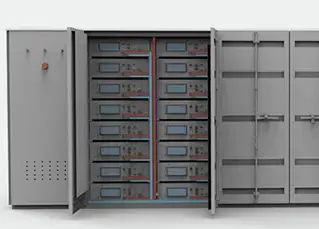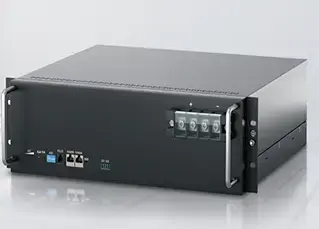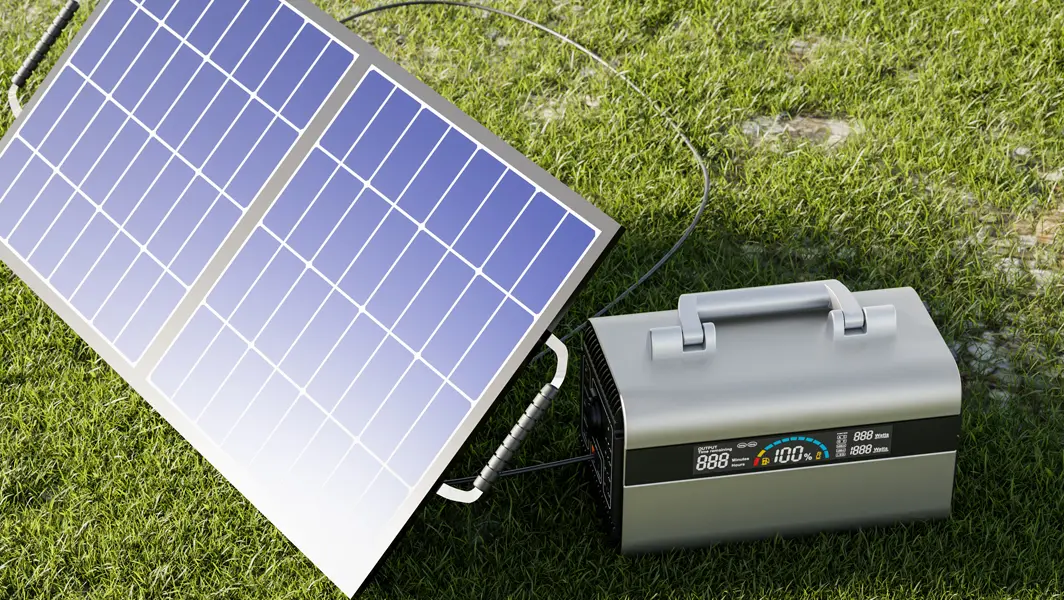The Critical Role of Storage Battery Use in Energy Infrastructure
In today's rapidly evolving world, the demand for clean and sustainable energy sources is higher than ever before. As countries strive to transition to more renewable energy options, storage battery use plays a critical role in ensuring a reliable and efficient energy infrastructure. In this blog, our energy storage system company will explore the importance of storage battery use for energy storage and its impact on our future.
Enhancing Energy Reliability through Storage Battery Use
One of the key challenges faced by renewable energy sources such as solar and wind is their intermittent nature. The availability of sunlight and wind varies, making it difficult to match energy supply with demand at all times. This is where storage battery use comes into play. By storing excess energy generated during sunny or windy days, batteries can ensure a continuous power supply during periods of low or no production. The ability to store energy allows for better integration of renewable sources into the grid, ultimately enhancing energy reliability and stability.
Not only does storage battery use make renewable energy sources more dependable, but it also reduces our reliance on traditional fossil fuel-based power plants. By storing excess renewable energy battery systems can offset the need for conventional power generation during peak demand periods. This results in a significant reduction of greenhouse gas emissions, supporting global efforts to combat climate change and achieve a more sustainable future.
Enabling Energy Flexibility and Grid Resilience
The versatility and flexibility offered by the use for energy storage are paramount to modern energy infrastructure. Batteries not only store energy but also provide a range of grid services that contribute to enhanced system resilience. For instance, these stationary energy storage systems can provide frequency regulation by quickly adjusting their power output to match fluctuations in demand. This helps maintain a stable grid frequency and prevents disruptions or blackouts.
Moreover, the use for energy storage enables load shifting, allowing energy to be stored during off-peak hours and discharged when demand is high. This optimization of energy consumption helps to minimize the strain on the grid during peak periods, reducing the need for additional infrastructure investment. Additionally, batteries can provide backup power during emergencies, ensuring critical facilities like hospitals or emergency services remain functional even during power outages.
The critical role of use for energy storage in energy infrastructure cannot be overstated. Battery storage systems enable the reliable integration of intermittent renewable energy sources, promoting a cleaner and more sustainable energy mix. They enhance energy reliability, reduce greenhouse gas emissions, and contribute to a resilient grid. As we continue to tackle the challenges of transitioning towards renewable energy, the effective use of storage batteries will be vital in shaping a greener and more secure future.




 EN
EN
 fr
fr  de
de  es
es 


